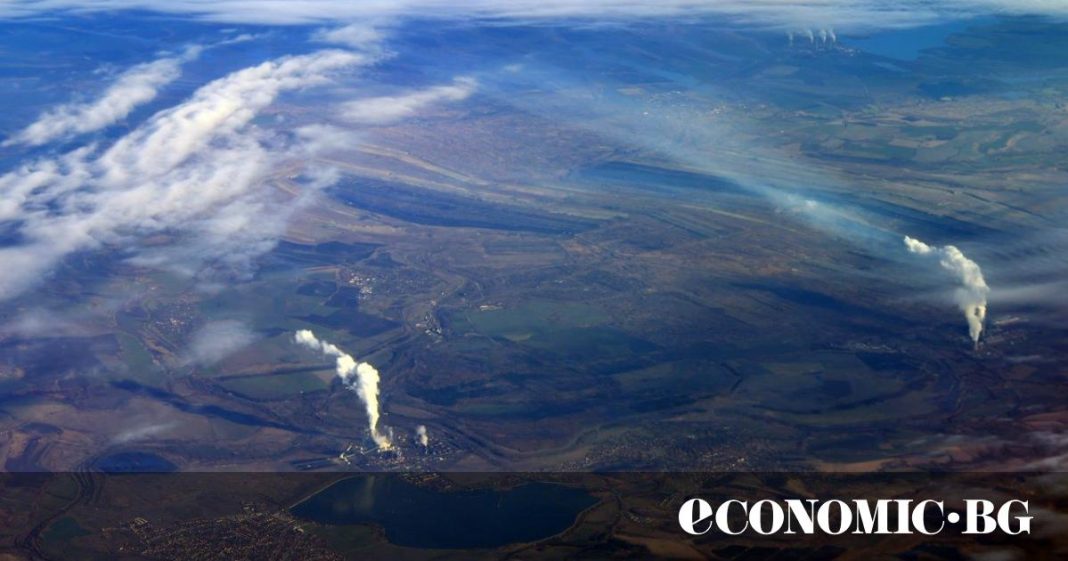Bulgaria has renegotiated the reform in the Recovery Plan, which provided for a 40% reduction in greenhouse gas emissions from coal-fired power plants by 2026 compared to the 2019 baseline. This became clear from the words of Energy Minister Zhecho Stankov after Friday’s vote on amendments to the Energy Act, which postponed the liberalisation of electricity for households for an indefinite period.
The requirement to reduce emissions was deemed ‘unprofitable’ by the government, along with several other reforms, and the cabinet began negotiations with Brussels in recent months. Exactly how the requirement and its parameters have been changed remains unclear.
At the end of the debate, Stankov explained that Bulgaria had proposed a package deal to the European Commission that includes two main demands: Not to liberalise the market for domestic electricity consumers immediately and to find a solution whereby coal-fired power plants are not restricted due to the requirement to reduce carbon emissions to 40%.
According to him, it has already been renegotiated and coal-fired power plants in the region will continue to operate.
No law will empower any authority to shut down thermal power plants at any given moment, and there will be no situation similar to that in Portugal or Spain. Bulgarian citizens will always have electricity, and there will be no blackouts.
The news was confirmed by the chair of the Energy Committee and ITN MP Pavela Mitova, who wrote on Facebook:
‘The funds under the Energy Sector Reform Programme will not be lost and we will not have to reduce our emissions by 40% from coal-fired power plants compared to 2019.’
The negotiations also included the separation of the ESO and Bulgartransgaz from BEH and the adoption of a Roadmap for Climate Neutrality.
The target of reducing carbon emissions from electricity production by 40% compared to 2019 levels by the end of 2025 was included in Bulgaria’s National Recovery and Resilience Plan (NRRP), approved by the European Commission in April 2022. This target was part of a broader strategy to decarbonise the energy sector and a condition for receiving €6.3 billion in European funding.
It was adopted by the government of Kiril Petkov, which drafted and submitted the plan to the European Commission.
In January 2023, the Bulgarian parliament voted by a majority for the government to start negotiations with the European Commission to review this commitment. The reasons included concerns about energy security and the social consequences of closing coal-fired power plants.
Until now, the European Commission has emphasised that the commitment to reduce emissions is a key element of the approved plan and that any change must be justified by objective reasons and agreed with the other Member States.
Translated with DeepL.
Източник: Economic.bg


